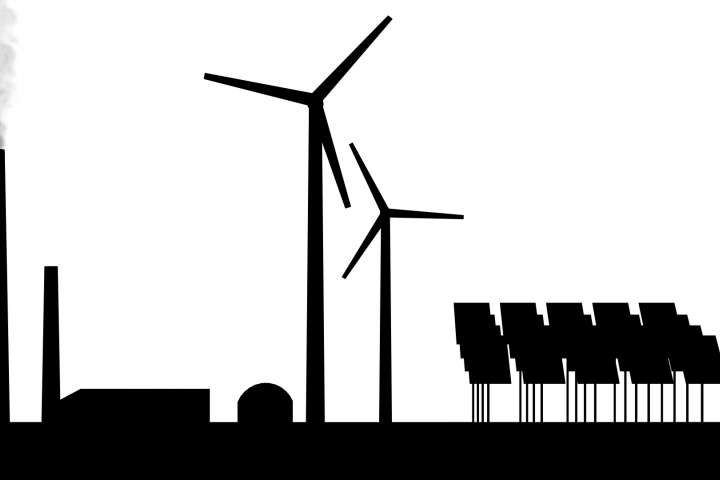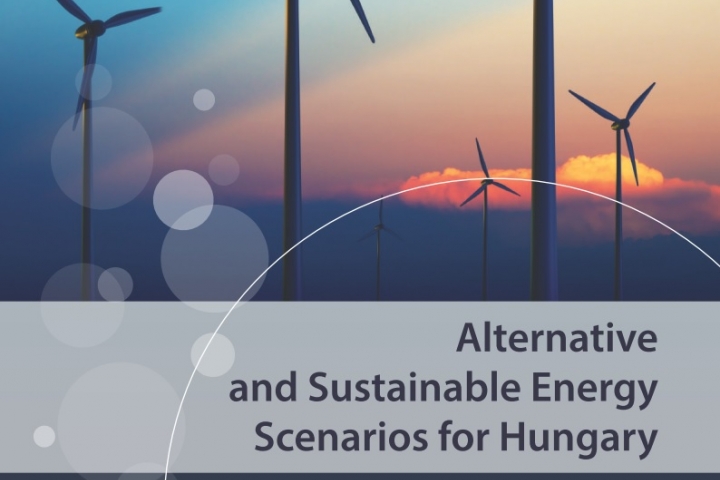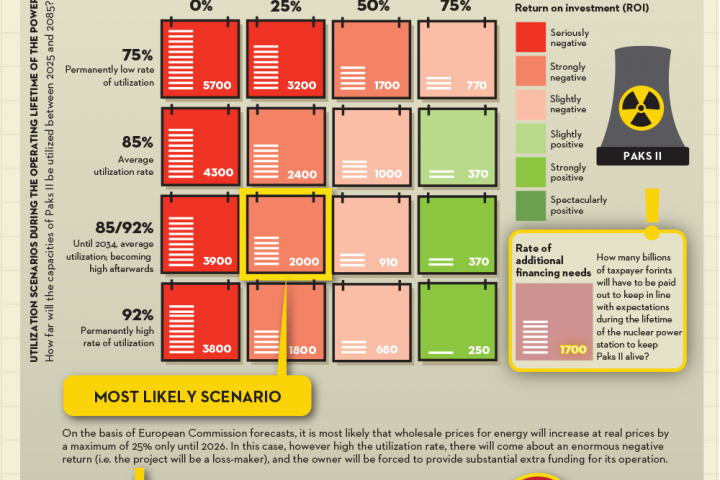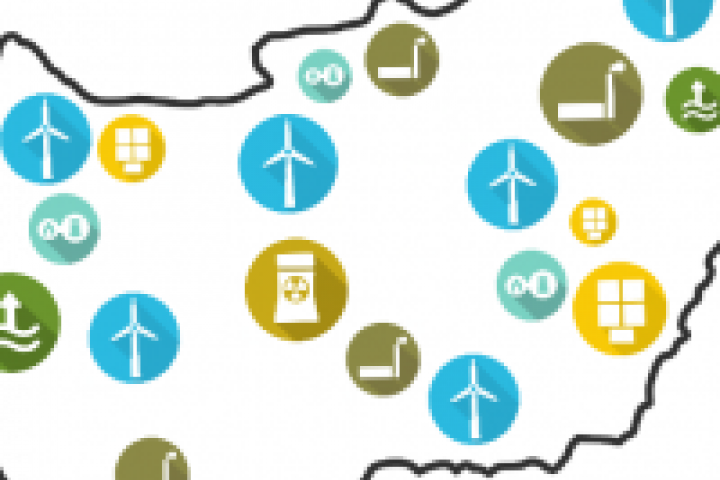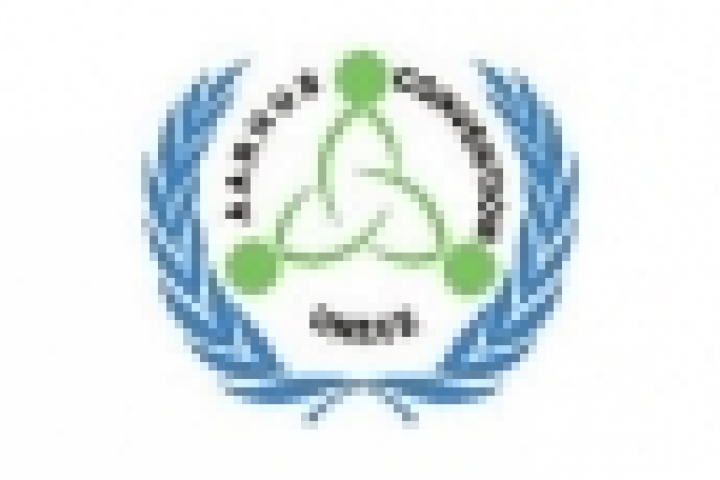State aid for Hungary’s Paks 2 Nuclear Plant breaches rule of law multiple times
12 June 2014, Budapest – The planned financing of the new Paks nuclear plant constitutes an unlawful state aid, and breaches the European rule of law multiple times, says Energiaklub and Greenpeace. Therefore, Energiaklub filed a submission to the Directorate-General for Competition of the European Commission, asking them to investigate the subsidy plan the Hungarian government constructed, and to take the necessary measures if needed. Greenpeace also filed a complaint to the Commission back in April. The two organisations have also requested an investigation by the Compliance Committee of the Aarhus Convention.
- It is granted by the State or through State resources: The loan will be taken out by the Hungarian State, and they intend to pay back the money (and the remaining 20% of the costs) from the state budget, therefore the investment will be realised from public sources. This statement is confirmed by two international deals: (I) the framework contract signed in January, approved by the Hungarian Parliament in February, and was promulgated as a law, and (II) the loan agreement signed in March and submitted to the Parliament in May.
- It provides economic advantage for a competitor: The beneficiary, MVM Zrt. is a market player who is engaged in economic activities in the internal market of the EU. The state aid puts this market player in a competitive advantage. In a broader sense, the financing plan provides an unjustified and excessive advantage for nuclear energy over all other means of energy production.
- It favours certain undertakings or production of certain goods: The aid does not extend to other economic operators, it supports only a single market player of a single industry.
- It distorts or threatens to distort competition: The financing plan has a distorting impact for two reasons. One is that Paks 2 could not be built on a competitive basis. The other is that the price of the electricity generated by Paks 2 will incorporate state aid, resulting in a distorted price structure.
- It affects trade between Member States: Paks 2 will also have an impact in this aspect, as the state-aided electricity may get a competitive advantage in the international market.
The plan for financing the new nuclear plant fulfills all 5 of these criteria, therefore it should be considered as state aid. Although state aid can be compatible with the market in certain cases, the subsidy plan of the Hungarian government does not fit in any of those. Subsidising the construction of nuclear plants is not on the list of exceptions. The European Commission may approve of state aid only under predefined conditions, if such an aid is in accordance with the targets set in other EU policies (cohesion, environmental protection, employment etc.). Thus, the financial plan for Paks 2 is an unlawful state aid. In addition to the submission referring to the law on competition, Greenpeace and Energiaklub also have turned to the Compliance Committee of the Aarhus Convention (officially the UNECE Convention on Access to Information, Public Participation in Decision-making and Access to Justice in Environmental Matters) to ask for an investigation on the case of Paks 2. The organisations find this necessary because the successive Hungarian goverments have infringed the sections of the Convention on numerous occasions during the decision-making process since 2008. The decision on building a new nuclear plant in Paks has been made by excluding the society: the vast majority of the information has been kept confidential, and the data which eventually got published was done so with years of delay, or had to be forced out on court. The public was in no way involved in the process.
